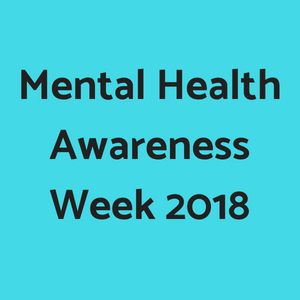
This year for Mental Health Awareness Week, the campaign focusing on stress. Research has shown that 16 million people experience a mental health problem each year, and stress is a key factor in this.
Research has shown that two thirds of us experience a mental health problem in our lifetimes, and stress is a key factor in this. By tackling stress, we can go a long way to tackle mental health problems such as anxiety and depression, and, in some instances, self-harm and suicide. Stress is not a mental health problem itself. The stress response is a survival strategy to keep us safe.
Researchers have found that when stress becomes a way of life – rushing from pillar to post (reading emails as you fly past) – the prefrontal cortex part of our brain begins to shut down and even reduces in size.
Chronic stress increases our risk of addictive and destructive behaviour, of developing anxiety, depression and other mental health problems. It can also increase risks of physical health problems including heart disease, insomnia, muscle pain and damages our immune system…the list goes on. Stress has also been linked to cancer, both through increasing inflammation in the body which can aid in the spread of cancer, and through greater risk of central obesity.
It is not always possible to avoid stress, but learning more about our stress can allow us to understand the causes of stress and reduce the effect it has on us. Some ways to manage stress:
- Exercise regularly
- Take up a hobby
- Self-care, treat yourself to a nice relaxing warm bath
For further information on managing stress please click here to access NTW Stress Self Help Guide.
